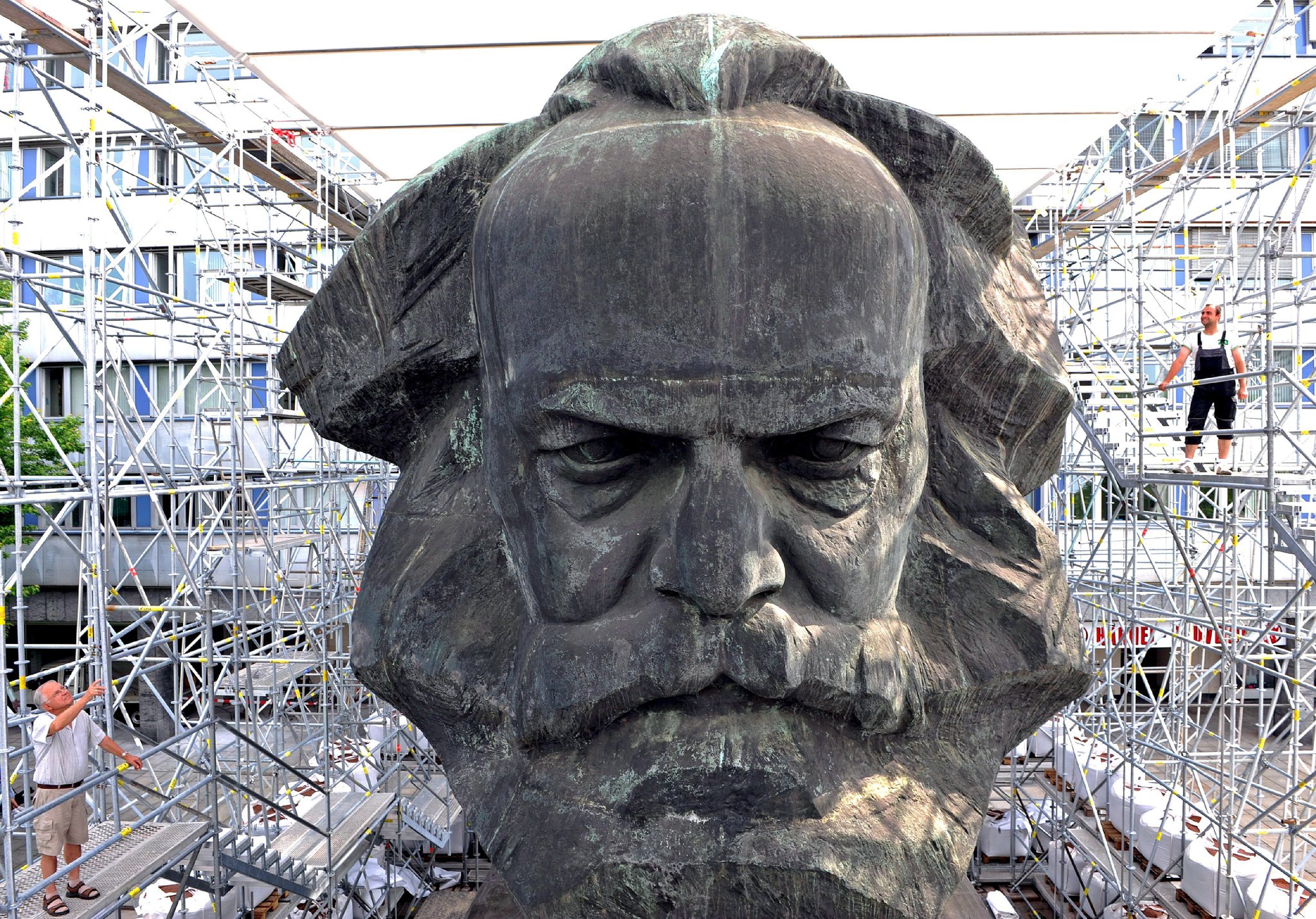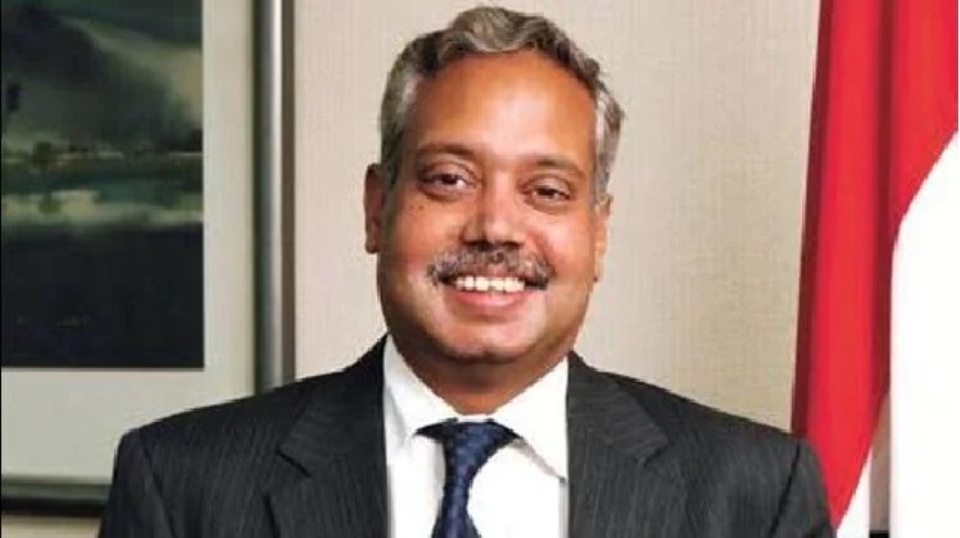
OR
Opinion
Reviewing the Relevance of Marxism
Published On: February 19, 2024 09:00 AM NPT By: Dr Atindra Dahal


Dr Atindra Dahal
The author is an associate professor at Kathmandu School of Law, Nepal.news@myrepublica.com
Karl Marx is widely recognized as a senior economist, philosopher, and politician. He authored a series of three books titled 'Das Kapital' between 1867 and 1883. Another document named 'Communist Manifesto,' written in 1848, garnered global attention and popularized the formation of communist parties in the political landscape of many nations. Around 2007 BS, the first Communist Party was formed in Nepal under the leadership of Pushpalal. Due to continuous splits and divisions, today there are about two dozen Marxist parties, some with fanciful names like Masal, Marshall, United, Decentralized, Cash, Dash, CPN, NCPN, CPN Double, and so on.
Marx elucidated material wealth as the cause of injustice, exploitation, and oppression among people. Adam Smith, in 'Wealth of Nations' in 1776, considered the economic and material prosperity of a country as a pivotal point. Marx opposed property, which Smith was infatuated with. However, these two concepts created an impression that material prosperity and wealth are of special importance to people. The idyllic peace, fraternity, and bonding were destroyed, and society started to get entangled in the infatuation of wealth. In primitive civilization or 'Primitive Communism,' there was exceptional cooperation among all, and contrary to selfishness, there was complete equality and unity in that society.
Marx opined that material wealth forms the basis of all injustice, oppression, and social perversions. Consequently, he argued for the need to uproot wealth. The theory posits that human interest becomes more intense when directed towards what is considered forbidden. However, the relevance of Marxism in this context has been largely overlooked. His deliberate restriction imposed an uncontrollable and impassionate desire to amass immense wealth. The unbeatable and ever-insatiable obsession for material wealth and financial prosperity is an obvious paradox now.
Obvious Paradox
Marx said that class differences were caused by wealth and urged that the wealth of the well-off class should be snatched away. However, as he said, a classless society was seldom created, and new layers of classes were formed. Some writers even judged his proposition as a utopia or an imaginary Ramrajya. Around the 1970s, communism was a very popular culture globally, but it is now shrinking. The head of the communist country is included in the list of the top billionaires in the world. Communism is compounding towards imperialism. According to the latest data from Transparency International, Nepal scored 35 in Corruption Perceptions Index, Russia 28, and North Korea 17 and they are counted among the countries with the highest corruption graph in the world. In China, thousands of people are reported to be executed annually on charges of corruption.
In our country too, many Marxist parties appear and disappear like supermarkets. Different factions are formed even within the same party, and though often called groups, they have turned into gangs. Groups uphold the discussion of ideas and theories within, but in gangs, only embroidering strategies and orchestrating evil plans by deceiving or eliminating others are cared for and considered. They do the exact opposite; extreme opportunism looms large and persists perennially. Intra-party opposition and conflict are not about life, people, ideas, policies, and programs but for power-mongering. The lifestyle of today's communist leaders is not in accordance with Marxist theory and conduct. A simple life is brazenly deposited into the footnotes of history books. A flamboyant lifestyle and uncontrolled egoistic frenzy surround most of our Marxist leaders, and they relentlessly opt for the same. The reverence for Marxism is blatantly sabotaged.
Humans naturally desire to be unique and different from others. Material possessions and personal freedom are the natural and unchangeable characteristics of human beings. Marxism sought to abhor rather than systematize humans' obsession with wealth. The leadership paid importance to absolute deviation and evisceration rather than the statutory practice of doing better work and taking the best labor of that unique work. Therefore, those who applauded the theory outwardly were increasingly disapproving of it wholeheartedly. We have a legacy of communist leaders becoming richer than those of the democratic camps and even more than businessmen and industrialists. Even now, the lavish life of the newly born rulers changed due to the communist movements. But, the expected works to be done on behalf of the Marxist movement for the welfare of the common citizens of the nation are still due, utmost disturbing, and in deep deficit. No extraordinary genius is required to grasp that Marxists are becoming more and more luxurious, corrupt, and expertly involved in scandals.
Marx's concept of industrial society barely matches in many places. Service, technology, and the entertainment business are having radical and rapid growth more than industries lately. Although Marxism always opposed capital and democracy, Marx himself lived with the help of his capitalist friend Engels. The mother of democracy allowed him refuge in Britain when he was expelled from his own country. Both Marx's life and theory lacked stability, utility, and tandem with himself too.
You May Like This

Fear the threat
Few days ago, a person claiming to belong to ‘banned’ communist party called me for some monetary assistance for his... Read More...

Fragment of the future
People love Karl Marx for his coruscating classics The Communist Manifesto and Das Capital. The former he co-authored with Frederic... Read More...

10,000 people to learn Marxism
KATHMANDU, September 3: Karl Marx Centenary Organization Committee has decided to educate Marxism to 10,000 people. ... Read More...





Just In
- NAC's plane lands at TIA after its maintenance in Israel
- Indian Ambassador assures of promoting India's investment in Nepal
- Freak accident involving self-made pistol leaves young man injured in Banke
- Global Shapers Community Kathmandu set to host second edition of Global Talk Series
- CNI President Agrawal highlights Nepal's conducive investment climate at Investment Summit
- Hearing on case against cricketer Lamicchane could not proceed today
- UML candidate Bhandari maintains lead in Bajhang
- Nepal Investment Summit (live)












Leave A Comment